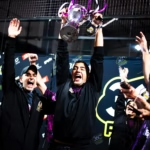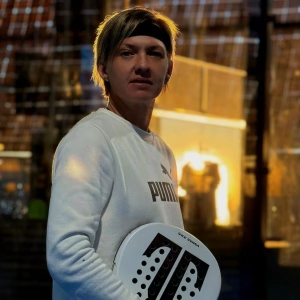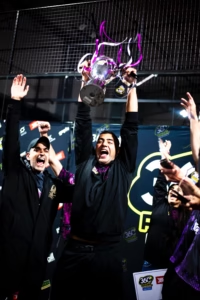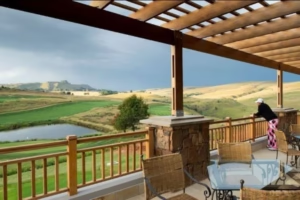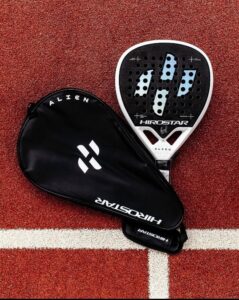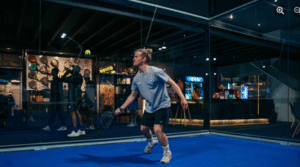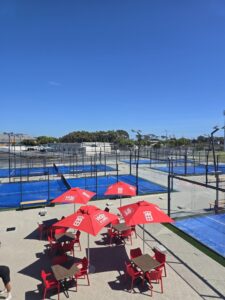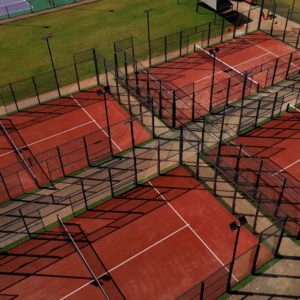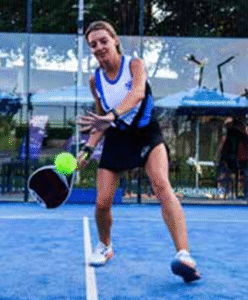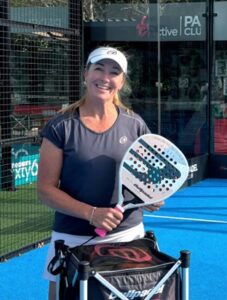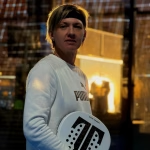
More Than a Match: Debbie van Aswegen and the National Rise of the Schindler Cup
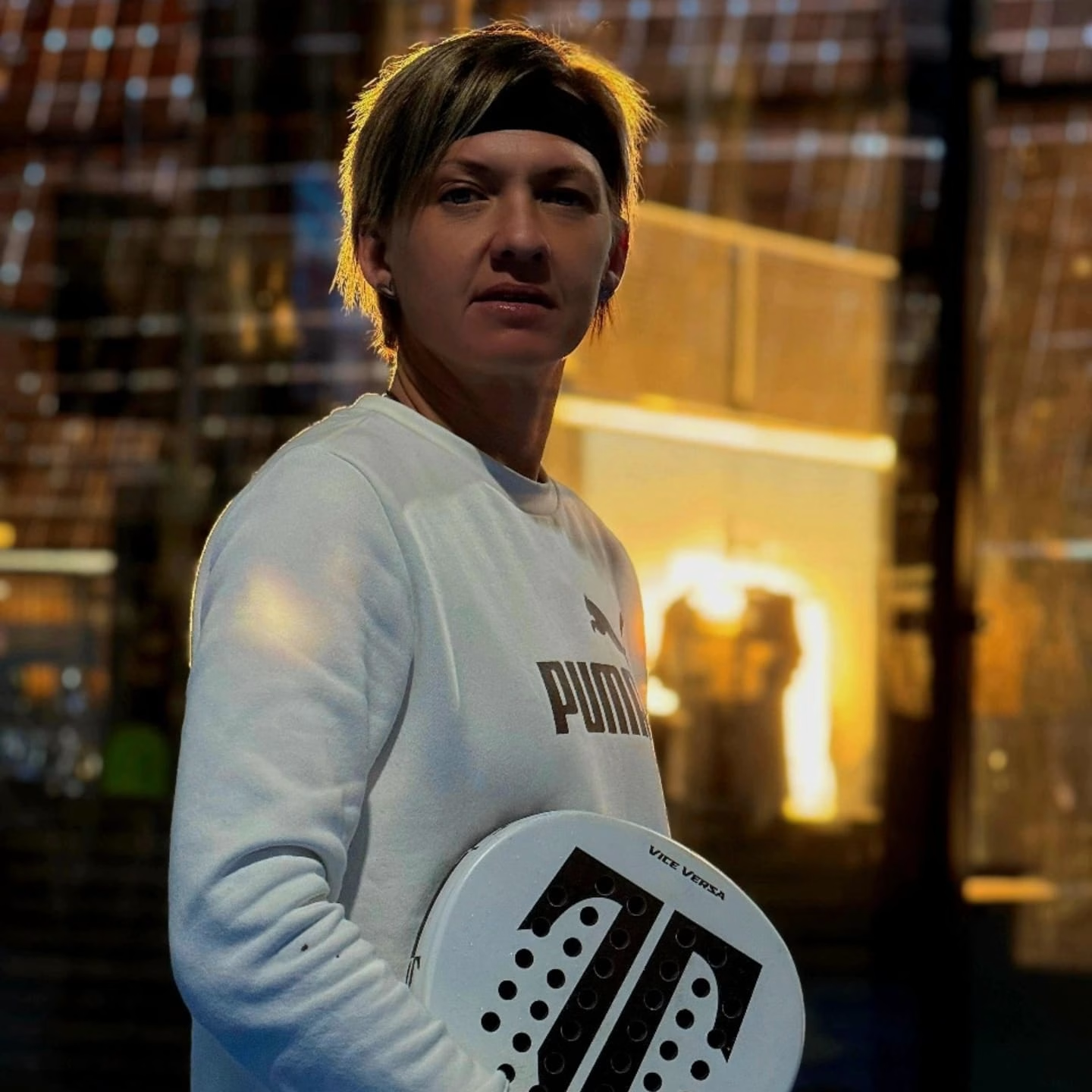
By The Smasher, Editor-in-Chief – Padel Pulse Magazine
It’s not just a tournament. It’s a statement.
And if you haven’t heard of the Schindler Cup, you’re about to.
The 2025 Schindler Cup Club Championships, powered by tournament director Debbie van Aswegen, is setting a new gold standard for national padel competition. Backed by Schindler South Africa and run entirely via the HypeBox digital platform, the event is not only shaking up the competitive calendar, it’s reshaping what club-level padel can be.
As qualifiers heat up across the provinces and the national finals loom in November, Padel Pulse sat down with Debbie for an exclusive preview of the Cup, the journey, and the vision driving one of the most exciting events in South African padel.

Exclusive Interview with Debbie van Aswegen
The Smasher: Debbie, tell us where the idea for the Schindler Cup came from. What gap were you trying to fill in the SA padel space?
Debbie: The idea for the Schindler Cup came from seeing how quickly padel was growing across South Africa but also noticing that there wasn’t a true national platform where clubs and players from every region could come together and compete on equal footing. Most events were either private, small-scale, or limited to certain areas.
We wanted to create something bigger – a structured, inclusive championship that gives all clubs the chance to showcase their teams, measure themselves against the best, and ultimately crown a true national champion. The Schindler Cup fills that gap by providing not just competition, but also community – connecting clubs, creating excitement for players at all levels, and giving padel in SA the kind of national spotlight it deserves.
The Smasher: This format is fresh teams of four (two men, two women), and only two teams per club. Why that structure?
Debbie: We designed the format very deliberately. By keeping it to teams of four, two men and two women, we wanted to make sure the competition is balanced, inclusive, and truly represents the spirit of padel as a mixed sport.
It also allows clubs to showcase both their men’s and women’s talent equally. Limiting it to only two teams per club ensures the event stays competitive and fair. It opens the door for more clubs across the country to take part, rather than one or two big clubs dominating the entry lists.

The Smasher: We’ve seen how club pride plays a big role. How are clubs responding to the idea of battling for regional and national bragging rights?
Debbie: The response has been fantastic. Clubs really love the idea of playing not just for themselves, but for their community and their badge. There’s already a healthy sense of rivalry in padel and giving it a structured stage with regional playoffs and a national final has only amplified that.
The Smasher: Let’s talk tech. Running the entire tournament via HypeBox from registration to scheduling to score tracking is a big move. What has that unlocked for you?
Debbie: Using HypeBox to run the entire Schindler Cup has been a game-changer. From registrations to scheduling to live score tracking, everything sits in one system which means no messy spreadsheets, no WhatsApp score updates, and no admin chaos.
It’s unlocked two big things for us: efficiency and scale. Efficiency, because clubs and players have a seamless experience, and organizers can focus on the event itself. And scale, because now we can confidently run a championship across multiple regions at the same time, knowing the technology keeps it all connected.
It also adds a layer of professionalism; players can see their results in real time, track progress, and feel part of something bigger. That’s huge for the growth of padel in South Africa.
The Smasher: Schindler is a world-class partner. How did that sponsorship come about, and what does it mean for the players?
Debbie: Partnering with Schindler came very naturally. They immediately understood the vision, creating South Africa’s first true national club championship – and saw the opportunity to back something that would unite the padel community across the country.
Their global reputation as a world-class brand also brings credibility and weight to the event. For the players, it means so much more than just financial support. Schindler’s backing allows us to elevate the entire experience. Players get the chance to compete in a championship that feels truly world-class, while still being proudly South African.
The Smasher: This isn’t just a one-day knockout. With regional qualifiers in 15+ zones, and national finals with accommodation and an awards ceremony, it’s a serious operation. What does that say about the future of padel in South Africa?
Debbie: The scale of the Schindler Cup proves there’s appetite – not just from players, but also from clubs, sponsors, and fans – to make padel part of South Africa’s sporting culture long-term. This is only the starting point.
The professionalism of the event is a signal of where the sport is heading bigger, more structured, and with opportunities for every club in the country to be part of the journey.
The Smasher: From an equality point of view, we love the mixed team format. Was gender balance a key part of your plan from the start?
Debbie: Yes, 100%. From day one, we wanted this to be a competition where men and women contribute equally to their club’s success. Padel is one of the few sports where mixed play feels natural, and building that into the structure was non-negotiable.
By having teams of two men and two women, we’re not only creating balance but also showing younger players and new clubs that gender equality is central to how padel should grow in South Africa.
The Smasher: What kind of player do you think thrives in the Schindler Cup environment?
Debbie: The beauty of the Schindler Cup is that it’s built for both. Seasoned league players thrive because the format is structured, competitive, and carries real pressure with clubs and regions backing them. But it’s also an incredible stage for rising stars.
At the end of the day, the players who thrive are the ones who bring both skill and team spirit. It’s not just about being the strongest individual on court, it’s about representing your club, backing your teammates, and handling the intensity of a true championship environment.
The Smasher: The national finals are set for November 2025. Ca; n you give us a teaser of what players and fans can expect?
Debbie: The national finals in November are going to be on another level. Think of it as a true showcase of South African padel not just great matches, but an entire experience. Players can expect a world-class setup with accommodation, a proper awards ceremony, and a stage that makes them feel like they’re part of something historic.
For fans, it’s going to be more than just watching padel. We’re creating an atmosphere – live score updates, club rivalries playing out on court, and the kind of energy you only get when a national title is on the line.
The Smasher: And finally, what would it mean to you, personally, to see this Cup become a permanent fixture in the SA padel calendar?
Debbie: For me, seeing the Schindler Cup become a permanent fixture would be incredibly meaningful. From day one, the goal has been to build something that clubs and players can look forward to every single year — a true national championship.
But the vision goes even further. The next step is to bring juniors into the structure, because they are the future of the sport. If we can create a pathway where young players grow up dreaming of representing their club at the Schindler Cup, then we’ve done something that lasts well beyond this first edition.
What’s Next
With qualifiers closing between August and October, clubs from Gauteng to the Western Cape are deep in preparation mode. National champions will not only earn major bragging rights but will also take home a share of the cash prize pool and enjoy top-tier hospitality at the finals.
One thing is clear: this isn’t just a tournament. The Schindler Cup is a rallying call to clubs, sponsors, and players to aim higher, play smarter, and compete as a team.
Smasher’s Wrap
In a time when padel is still finding its shape in South Africa, the Schindler Cup is already ahead of the curve:
- ✅ Team-based
- ✅ Gender-balanced
- ✅ Digitally run
If this is the future of club competition, we’re all in.
Stay tuned to Padel Pulse Magazine and PadelPulseTV for exclusive coverage of the Schindler Cup national finals this November.


